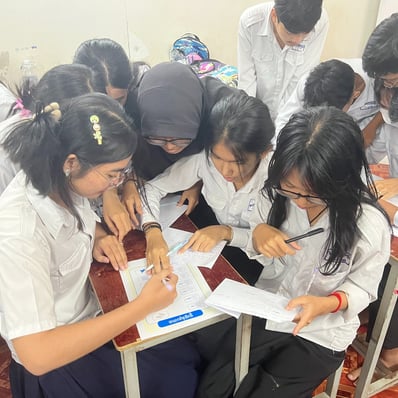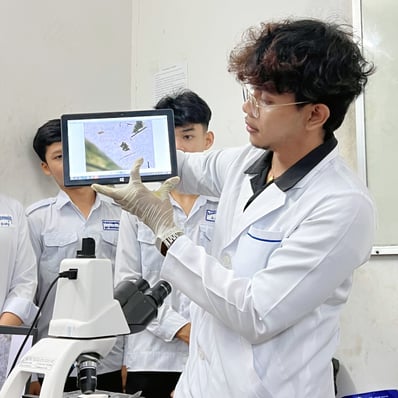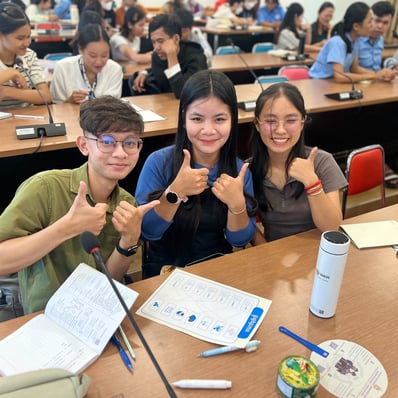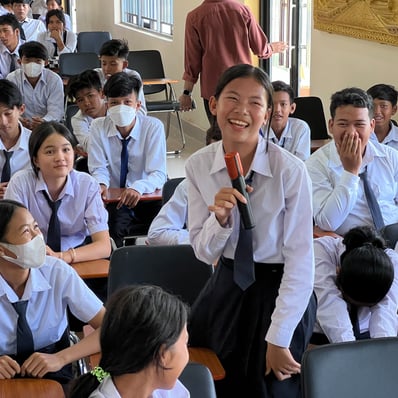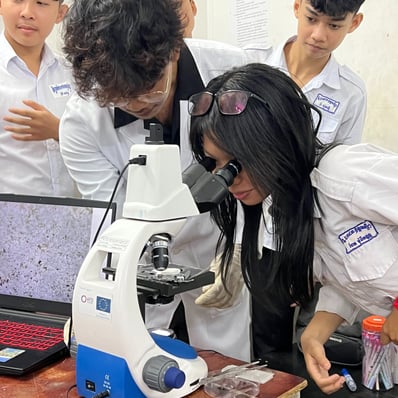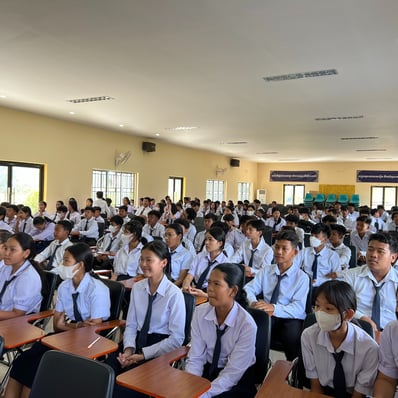Ocean Warriors: A High School Training Program for a Plastic-Free Future
AWARENESS
3 min read
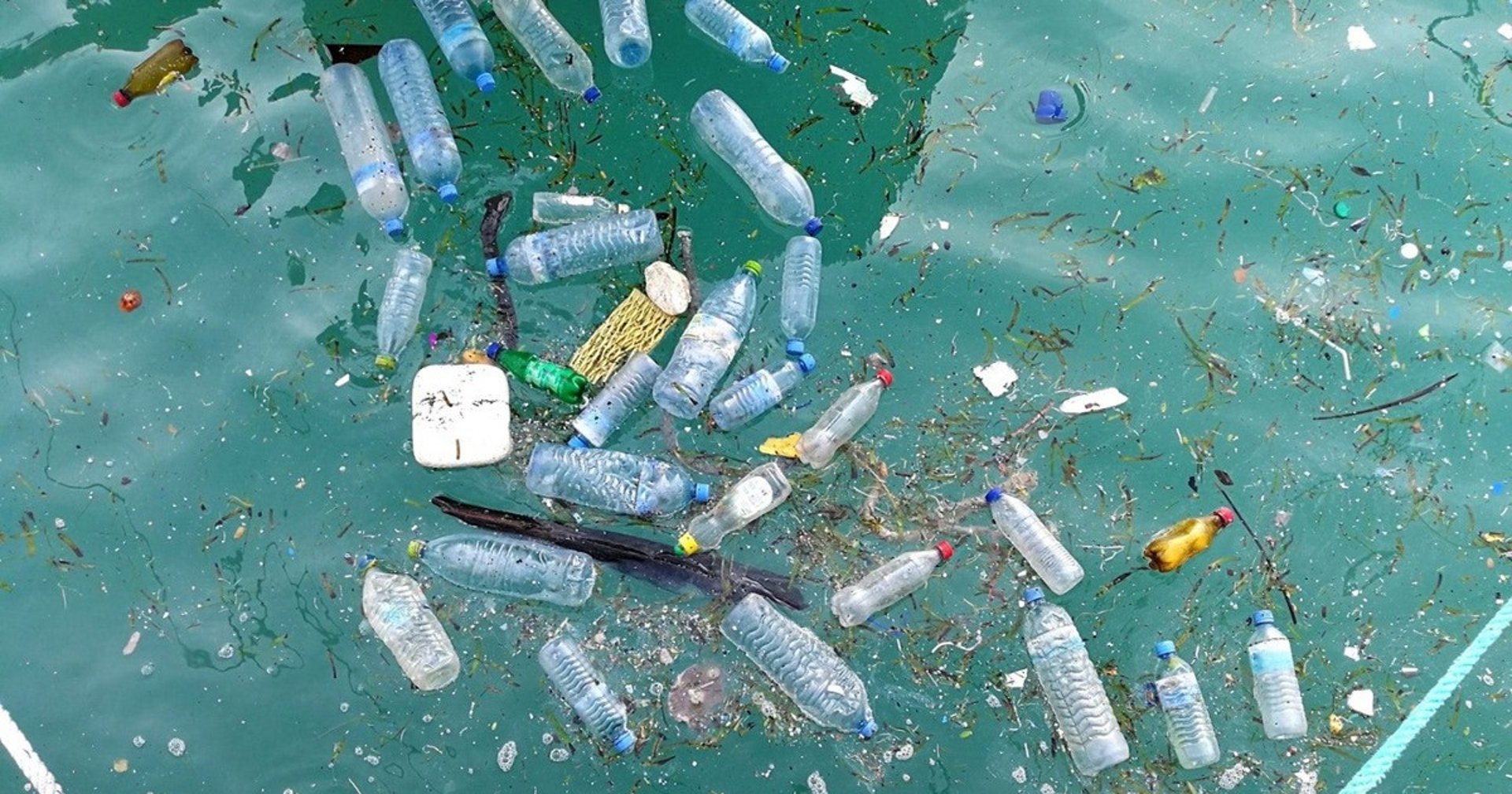
Project Background
Many single use plastic produces are everywhere. They have become an integral part of our daily lives. Plastics are used in a wide range of fields and industries, including telecommunications, construction, health care, food products, transportation, and retail. There has been an almost 2,000% increase in the annual global production of plastic during the past 65 years, generating to the “plastisphere” in marine ecosystems. Marine debris is dominated by persistent synthetic materials, most of which are plastics.
To reduce plastic pollution in the sea, raising public awareness at the upstream community could be considered as an effective long-term strategy. Therefore, this project aims to develop a demonstration tool for inspiring high school students at upstream sources on plastic pollution awareness.
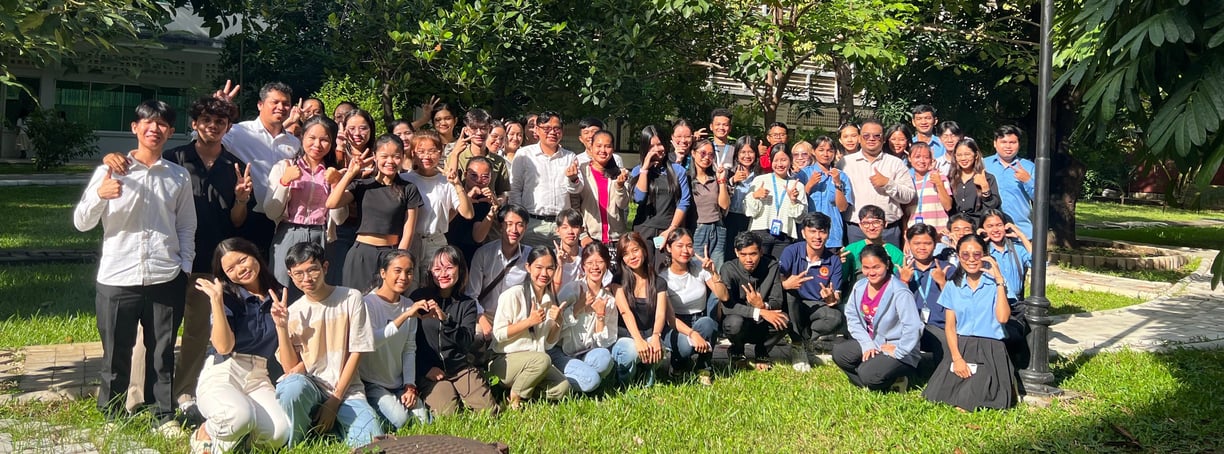

Objective
Scope of Work
To develop and disseminate training materials on plastic pollution, characterization, transportation, and visualization, primarily targeting high school students in Cambodia's coastal provinces, with an expected reach of over 250 students.
Our Impacts
1) Improve the awareness and critical thinking of students and educators about complex issues related to tropical forests, oceans, climate crisis, including their impacts on vulnerable communities and explore innovative solutions to address these impacts.
2) Equip students and educators to take action and drive change to protect the environment, as well as the rights of those most affected by environmental destruction.
Project Activities
1. Development of training materials
The development of these training materials, measured by the creation of three distinct sets, will encompass a video on plastic pollution, a slide presentation detailing plastic characterization, and a demonstration illustrating plastic transportation and visualization.
2. Trial workshop to university students
Measured through number of students joined and plastic pollution awareness (4Rs apply in daily life). More than 100 students joined and more than 70% of joined students understand at least 3Rs are the target of this stages.
3.Training to high school students in coastal provinces
Measured through number of students joined and plastic pollution awareness (4Rs apply in daily life). More than 250 students joined and more than 50% of joined students understand at least 2Rs are the target of this stages.
4.Sharing the training materials through social network
Measured through number of reaches to the public through online platform. More than 650 people reached the plastic pollution awareness video is the target of this stages.
